ESG
Environmental, Sustainability & Governance
|
|

 |
|
Environmental
|
|
|
|
| |
Zero Burning in Land Clearing
|
The Group adheres strictly to the policy of zero burning in both new planting and replanting of oil palm. Zero burning not only keeps the air smokefree but yields several benefits as well.
The remnant debris, comprising bushes or small trees which are felled, are shredded and spread in the field to biodegrade, releasing nutrients slowly, adds valuable organic matter to the soils, reducing the use of fertilisers during the immature period. This policy is incorporated in the land clearing contract in which external contractors are engaged. Awareness of our zero burning policy is enhanced by erecting signages and initiating dialogs with the employees during briefing and local communities during the stakeholders meetings. |
|
|
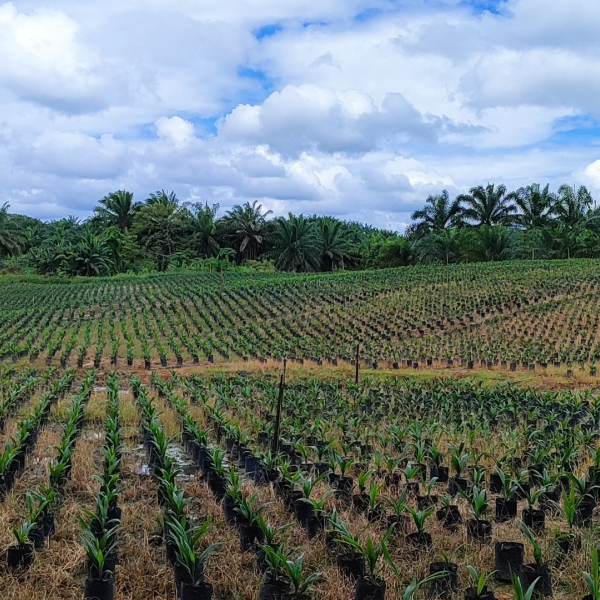 |
|
|
| |
Soil Enrichment & Conservation Program
|
| Palms are replanted in a cycle of every 20-25 years. During this replanting phase the old palms need to be removed, the ground prepared and the new palms replanted. Measures to maintain soil health and protect the soil from erosion, compaction and run off are critical during this time. |
| |
| The Group adopts strict & prudent sets of replanting procedures, which include: |
| |
 |
| Soil Decompaction |
 |
| During the land preparation stage soils are decompacted by ripping and ploughed in order to ensure that our seedlings and cover crop find the best condition to grow. |
|
|
 |
 |
| Cover-Crops |
 |
| A lot of effort is given to the establishment of cover-crop to ensure there is no exposed soil. Cover-crop helps in covering the soil, limiting erosion and improving moisture retention. In addition, a well thought out good cover-crop will prevent the rise of invasive weeds such as woody growth and grasses which in turn reduces the need for maintenance and chemical operations and further protects the soil. |
|
|
 |
 |
| Terracing |
 |
| In cases of specific steep terrains, contour terraces are built to prevent soil erosion and improve access for the workforce and evacuation of the production. |
|
|
|
| |
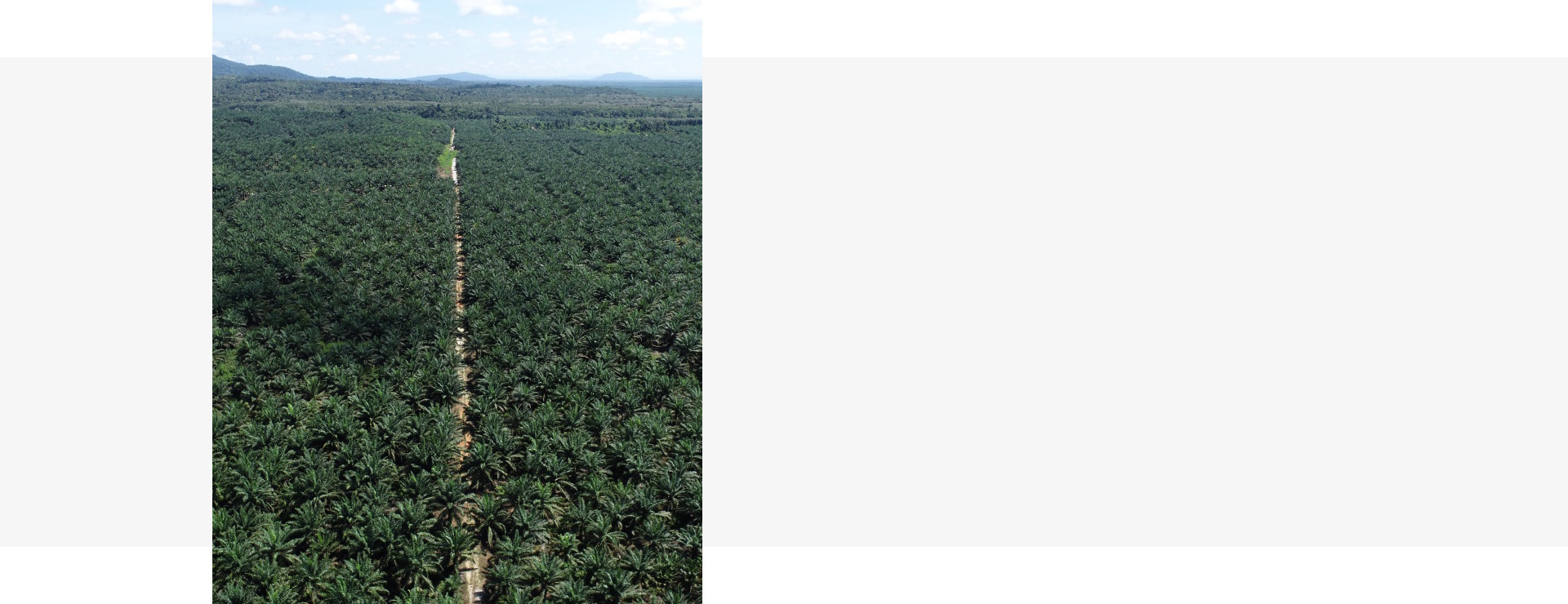
Riparian Reserves
|
Riparian reserves are areas of conservation between land and rivers teeming with life from the habitats of flora and fauna. In order to support the existing ecosystem on these reserves and thereby maintaining the surrounding water and soil quality, it is crucial that these reserves be identified and conserved. As part of our efforts, we have identified and incorporated buffer zones and riparian reserves within our plantations.
To manage and preserve our riparian reserves, we plant Legumes Cover Crops ("LCC") to prevent soil erosion. In addition, LCC helps to improve the growth of oil palm by preventing weed growth and increasing the fertility of soil by supplying organic matter. |
|
|
|
| |
Reduction of
Greenhouse Gas (“GHG”) Emission
|
| GHG emission from oil palm operations are mainly in the form of carbon dioxide (CO2) and a smaller amount of methane (CH4) and nitrous oxide (N2O). These gases contribute to global warming when released during the operation of oil palm plantation, combustion of fossil fuel, and generation of palm oil mill effluent ("POME"). |
|
| |
 |
| |
The Group has successfully implemented three (3) methane gas-capturing and power generation projects at its three (3) mills. These projects are part of the Group's effort to reduce greenhouse gas emissions as well as supply renewable energy (low-cost steam and electricity) for milling operations and other downstream activities of the Group.
The project implemented in our Kota Tinggi mill was the first project on biogas generated from POME that is registered with the Clean Development Mechanism ("CDM") Executive Board of United Nations Framework Convention on Climate Change. The Group has through the operation of the biogas generation plants been able to generate energy from waste material and biomass. This contributes towards reducing our environmental impact and improve sustainability of the Group's operation.
Capital investments have been made for pollution controls such as capturing GHG, reducing dust concentration emitted, improving POME treatment efficiency and quality of POME discharged. To date, the cost of investment is approximately RM39 million. |
| |
| The details of renewable energy generated by the Group using biogas and biomass are as follows: |
|
| |
|
|
|
|
|
|
| 1a. Internal Use |
8,841 |
8,577 |
| 1b. Supplied to Grids |
24,618 |
25,642 |
|
|
|
|
| 2a. Internal Use |
47,625 |
46,170 |
| |
|
|
| Total Renewable Energy Generated |
81,084 |
80,389 |
|
|
| |
|
|
| Plantation |
147,687.31 |
586.09 |
17,560.00 |
23.06 |
| Milling |
42,725.62 |
412.69 |
5,386.17 |
421,365.25 |
| Others-Head Office |
68.92 |
26.84 |
32,871.18 |
- |
| Total |
190,481.85 |
1,025.62 |
55,817.35 |
421,388.31 |
|
|
| |
GHG emissions data for FY2025 will serve as the baseline for comparison in the coming years,
and we anticipate providing a three-year comparison by FY 2027. |
|
| |
Effluent Management
|
| Palm Oil Mill Effluent ("POME") is a significant by-product of processing FFB. Without appropriate treatment, the effluent may be detrimental to the environment. We understand the importance of managing our environmental impact by appropriately handling our effluent and water discharge. |
|
| |
 |
| |
Therefore, POME is properly treated and monitored by assigned competent person to ensure full compliance with the Environmental Quality (Industrial Effluent) Regulations 2009 requirements. Our effluent treatment system is adequately designed to meet the discharge parameters mandated. However, the quality of discharge may be influenced by various factors including quantity of FFB milled and rainfall. The officers from Department of Environment ("DOE") come for regular site inspection and collects effluent sample at final discharge point for analysis.
Sample of industrial effluent are collected to determine whether the quality of our palm oil mills' final discharge complies with the requirements. To date, all relevant reports have shown compliance with the applicable environmental requirements. |
| |
| The details of the POME produced during the financial year by our palm oil mills are as below: |
|
| |
|
|
| POME produced (MT per MT of FFB processed) |
0.61 |
0.62 |
| Greenhouse gases captured (M3 per MT of FFB processed) |
20.25 |
22.18 |
|
|
| |
In addition, the POME is also used as fertiliser by land application.
POME application as fertilisers helps add extra nutrients to the soil hence boost yields of oil palm. |
|
| |

 |
|
Sustainability
|
|
|
|
| |
Human & Workers Rights
|
The Group is committed to ensure the dignity and rights of our workers are respected in line with legal regulations
and the United Nations' guiding principles on human rights. |
| |
| Our commitments include the following: |
| |
 |
Providing a safe environment free from discrimination and violence; no form of workplace bullying
or harassment (in particular sexual harassment) will be tolerated. |
|
| |
 |
Ensuring employees are remunerated in compliance with legal minimum wage. |
|
|
 |
Prohibiting child labour and forced labour within our organisation. |
|
|
| |
 |
Providing a responsive channel for employees to sound any complaints and grievances; |
|
|
 |
Setting out the procedures for such complaints and grievances to be addressed satisfactorily. |
|
|
|
| |
Safety & Health at Workplace
|
The Group places the utmost importance in ensuring that our workplace is safe and poses no health issues to our employees. We strive to continuously improve our health and safety ("H&S") policies and practices by educating our employees on health and safety matters.
A Safety and Health Committee ("SHC") is established at each business unit in line with the requirements of the Occupational Safety and Health Act, 1994. |
|
| |
 |
| |
|
|
| |
| SHC Responsibilities: |
| |
| Assist in the development of health and safety rules and a safe working system; |
|
|
Review the effectiveness of safety and
health programmes; |
|
|
 |
| Analyse trends of accidents, near-miss incidents, dangerous occurrences, occupational poisoning and occupational disease occurring at the workplace; |
|
|
| Report any unsafe or unhealthy work conditions or practices at the workplace to the management together with recommendations for corrective actions; |
|
|
 |
Conduct workplace inspections at least once
every three months; |
|
|
Conduct investigations on accidents occurring
at the workplace; |
|
|
 |
Promote and conduct Occupational Safety and Health (OSH) activities such as health and safety campaigns,
competitions, and promotions. |
|
|
| |
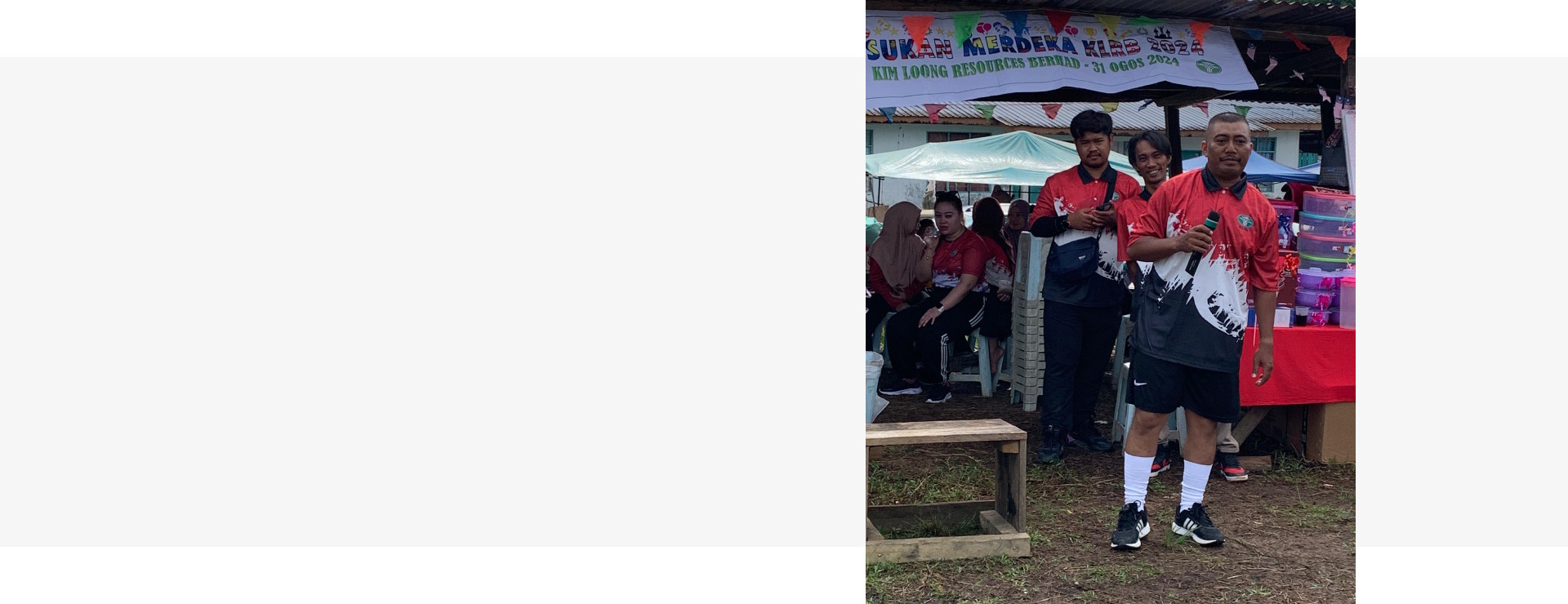
Freedom of Association &
Collective Bargaining
|
The management respects the rights of employees and workers to form and join trade unions of their choice and recognises their rights to bargain collectively for their mutual benefit.
We believe that building harmonious relationship with employees enhances our organisational productivity and performance. |
|
|
|
| |
Improving the Quality of Life
|
The Group has carried out the following activities to improve the quality of life and foster a sense of belonging
amongst the employees in the Group: |
| |
 |
Various staff social activities, including festival celebrations and sporting events organised by the
In-house Sports/Welfare Club; |
|
 |
 |
Promote and sponsor the cultivation of vegetables and fruits in designated areas within the estates / mills. The Group supplies the necessary materials such as seedlings, young plants, planting materials, agro- fertilisers and bio-mass inputs. The produce is shared amongst employees; |
|
 |
 |
Monitor retail prices for essential food items at the grocery shops in the estates to ensure that these items are reasonably priced. |
|
|
| |
Diversity & Inclusivity
|
The Group is committed to ensure equal opportunities to all employees irrespective of their gender, race, religious or socioeconomic background. We consistently nurture the development of our human assets by fostering an inclusive culture and celebrating diversity through active employee engagements.
The plantation industry is traditionally dominated by men as the nature of work is often arduous and entails manual labour. We are actively encouraging women to join all aspects of our ever- growing operations. The Group establishes gender committees at all our estates and palm oil mills to safeguard the interest of our female workforce. |
|
|
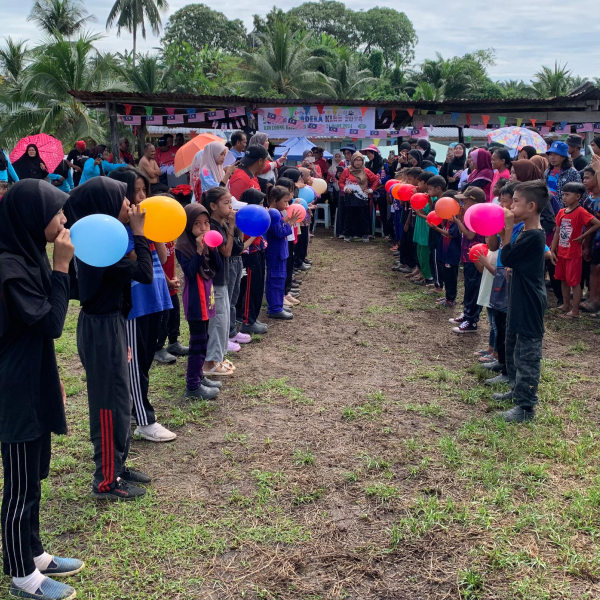 |
|
|
| |
Contribution to Society
|
The Group has over the years placed great emphasis on enhancing living conditions of the communities where we operate. This is evidenced by the Group's contributions to the communities in the areas of education, infrastructure, cultural and social development initiatives. It is the Group's practice to create and offer priority in job opportunities to local villagers, either by way of direct employment, internship or through the award of contract works. This approach has proven effective in improving their living standards.
In a joint venture agreement between the Group and a local orphanage, the Group has successfully converted a piece of land belonging to the orphanage into an oil palm estate. Profits from the operation of the estate is channeled to the orphanage and a development fund set up by Al-Yatama Berhad, an organisation running the orphanage. |
|
| |
 |
| |
The Group has undertaken the development of oil palm plantations on Native Customary Rights ("NCR") land in Sarawak. The aim of this project is to bring social and economic benefits to landowners who are from the indigenous community of Malaysia.
The Group now manages 2,774 Ha as at 31 January 2025 under this NCR project of which 2,449 Ha have been planted. The Group's involvement in developing NCR land has enabled sustainable income to be provided for about 700 local land owners, a major effort contributing to poverty alleviation in the rural areas. During the year, the Group has assisted trainees from various universities, institutes of higher learning and training centres to undergo their practical training. Suitable candidates have been identified for employment after they have completed their training. |
|
| |
Corporate Social
Responsibilities Initiatives
|
| The Group made several contributions and donations amounting to approximately RM346,000 to governmental and non-governmental organisations to support their sports, cultural and welfare activities. Donations were also made to schools for their building funds, sports day and Parents and Teachers Associations in Johor, Sabah and Sarawak. |
|
|
| |

 |
|
Governance
|
|
|
|
| |
Anti-Bribery &
Anti-Corruption Policy
|
The Group has a zero-tolerance approach towards corruption, fraud, and bribery. Our Anti-Bribery and Anti-Corruption ("ABC") Policy, aligned with relevant laws and regulations, applies to all employees, directors, and associates.
Compliance with the policy is mandatory, supported by annual refresher training and declarations. We are committed to upholding the highest ethical standards across our business operations. During the financial year, briefings were conducted for all employees, emphasising the policy's importance and its application to the Group's operations. The compliance rate for signing and adhering to the policy was 100%. |
|
|
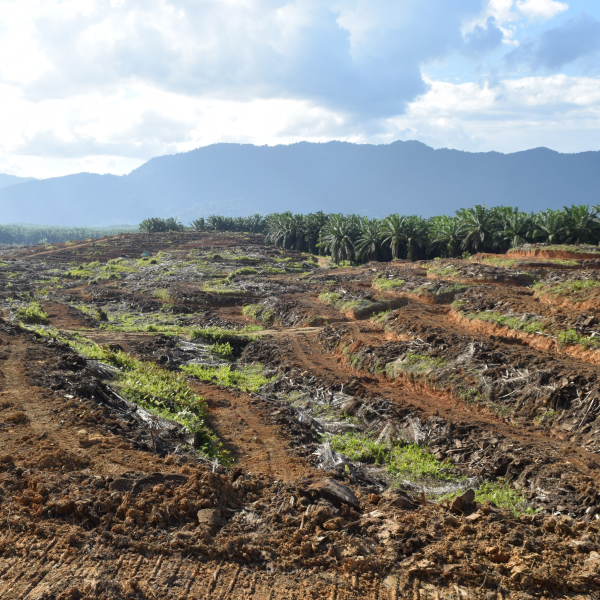 |
|
|
| |
Transparency
|
| Transparency in the supply chain and responsible sourcing practices are increasingly important to customers as their own operations and procurement come under scrutiny. Commercial success depends on our customers having confidence in our products and their origins. We are committed to excellence in supply chain relations to encourage transparent, responsible, and profitable practices. We regularly engage with our suppliers to ensure that expectations are communicated. Assessments on our supply chain are also carried out on a routine basis. |
|
| |
 |
| |
Traceability is important for both transparency and to build trust with end users so that they can be assured of where the ingredients and raw materials come from. The market today demands more sustainable products and this involves knowing where they have been sourced from. It is also essential for product quality and food safety reasons.
Traceability is also a key vehicle for responsible producers who through traceability certification can demonstrate to customers the point of origin and supply chain involved in each shipment of their products providing an extra level of trust and transparency in the goods they produce. 86% of oil palm products are traceable right back to the plantation level.
As part of our efforts to manage our supply chain, we emphasise on the importance of traceability as part of our internal procurement and supplier management processes. For our estates, we are able to trace fresh fruit bunches ("FFB") produced from various stages, including source of the seedlings, planting, harvesting and transportation. |
| |
| To establish the traceability of each tonne of palm oil, our mills have records of the following: |
| |
 |
Name and address
of the FFB Supplier |
|
|
 |
Geo-Coordinates
of plantations |
|
|
| |
 |
Refinery dispatch number |
|
|
 |
Certification status |
|
|
|
| |

Shareholder Rights
|
We have set up grievance procedure as a channel for all stakeholders to raise concerns of any breaches of our sustainability policy commitments by our business or suppliers.
Since then, we have continued our commitment to responding promptly and effectively to any grievance raised. |
|
|
|
| |
| Available reporting channels include: |
| |
 |
| For Employees |
 |
| Log Books: Log books are located in all our estates and mills. Employees may log in their concerns and issues regarding employee rights in the Log Book or through the whistle-blowing channel to protect their anonymity. |
|
 |
 |
For External Stakeholders
(E.G., Government, Smallholders, Suppliers, NGOs) |
 |
| Grievance Submission Form: External stakeholders can submit a form to report any corruption, harassment or criminal acts. All reports received will be investigated. |
|
|
|
| |
|
|
| |